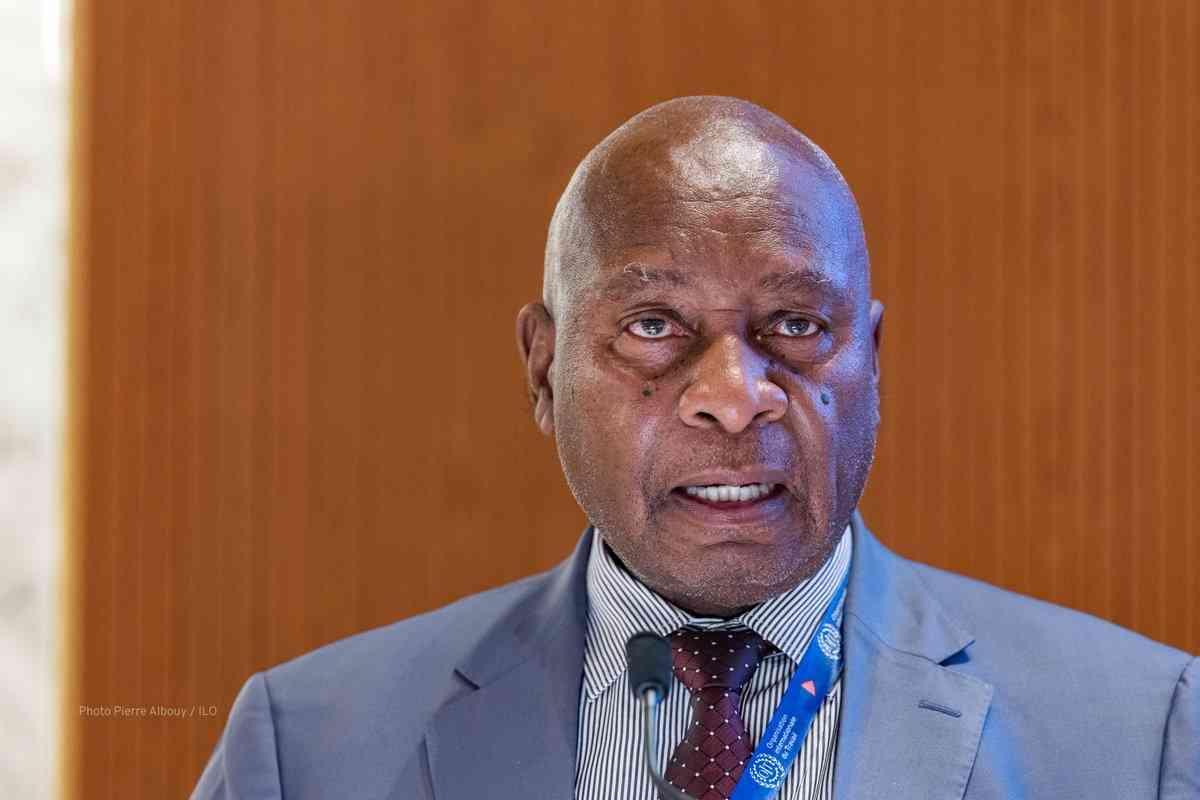Africa-Press – Zimbabwe. THE government says the country’s highly informalised economy demands interventions that protect informal workers, strengthen household incomes, expand social insurance and promote productive livelihoods.
This emerged during the launch of the inaugural Social Protection Week in Harare last week, which was held under the theme, Inclusive social protection, every voice, every need for the future.
Zimbabwe’s informal sector now accounts for 76% of the country’s economy, according to Zimbabwe National Statistics Agency.
Public Service, Labour and Social Welfare minister Edgar Moyo said a robust social protection ecosystem must address multiple interdependent pillars of human well-being.
“Strengthening primary healthcare, mental health services, reproductive health, nutrition, chronic illness management, substance abuse treatment and disability services is essential as a healthy population underpins productivity, educational success and economic resilience.
“Access, retention and quality of education from ECD to tertiary levels are crucial for human capital formation, and these systems must integrate digital literacy, life skills, vocational training and entrepreneurship pathways for youth.
“Women and young people must be central to economic development through access to finance, markets, land rights, skills, training and inclusive value chains.”
Moyo said decent housing was a fundamental determinant of health, safety and dignity, highlighting that slum upgrading, improved sanitation and climate-resilient infrastructure were essential components of social development.
“Social protection is the backbone of a nation’s capacity to safeguard its population from shocks, reduce structural poverty and facilitate upwards social mobility.
“Zimbabwe’s social protection and social development agenda must fully align with global and continental aspirations defined by the Sustainable Development Goals,” he said.
Meanwhile, Unicef country representative Etona Ekole said cash transfers, school feeding programmes and social insurance schemes helped to reduce poverty, prevent child labour, while promoting equitable access to health and education, among other social services.
“Many children and families still fall through the cracks, according to the latest data. Nearly half of Zimbabwe’s children live in poverty and too many are affected by malnutrition, school dropout and limited access to social services.
“We must, therefore, move from fragmented approaches and programmes to a unified, efficient and adequately financed social protection system, one that can anticipate, absorb and adapt to shocks, otherwise, one that is shock-responsive,” she said.
World Food Programme representative and country director Barbara Clemens underscored the importance of private sector partnerships.
“For a long time we felt that the burden of social protection was solely on the shoulders of the government; it is mainly on the shoulders of the private sector where the government produces an enabling environment,” she said.
For More News And Analysis About Zimbabwe Follow Africa-Press






